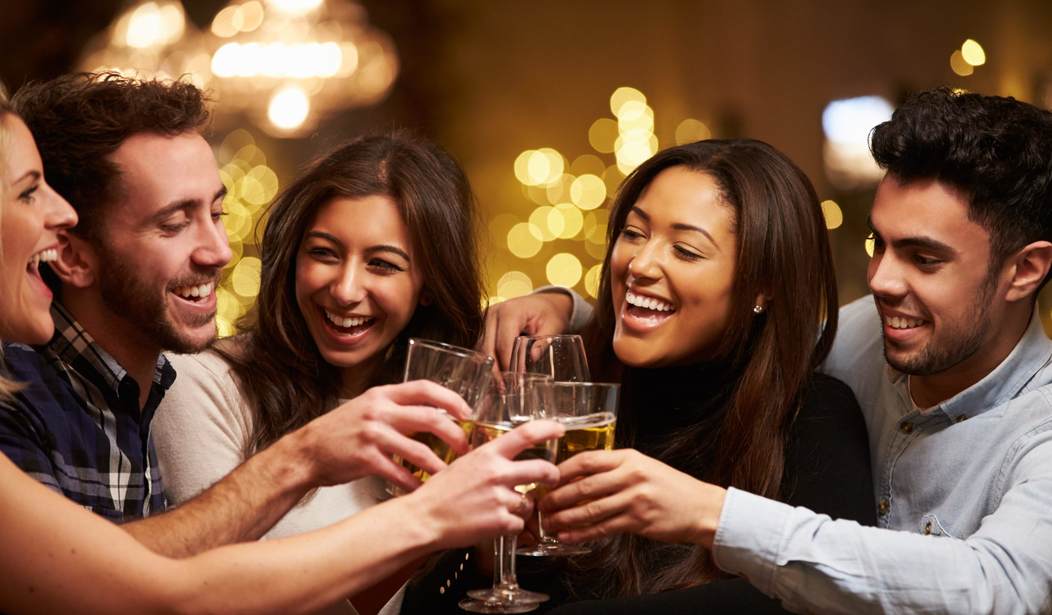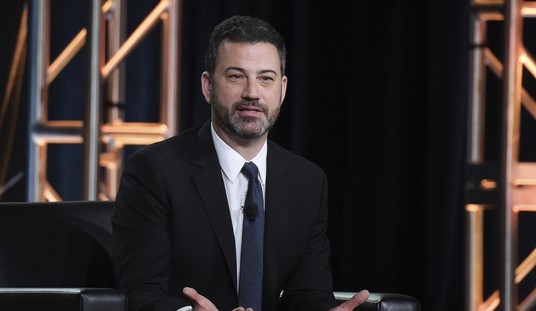Pennsylvania is known for its restrictive alcohol laws — venues cannot sell alcohol after 2 a.m. or provide happy hour specials, and all drinks must be purchased at vendors run by the Pennsylvania Liquor Control Board (PLCB). But the state gave a special dispensation for the Democratic National Convention this week.
State legislators in Harrisburg have implemented temporary “national event permits” allowing bars to circumvent these restrictive rules, but only for DNC events. This raises the puzzling question of why outside visitors for the Democratic convention can be trusted with alcohol, while native Pennsylvanians cannot.
Most notably, these permits give a temporary reprieve to vendors in Philadelphia, allowing them to circumvent the costly requirement that all wine and liquor be purchased from PCLB-run stores.
This state monopoly allows such stores to mark up products they sell and add hefty taxes, and such restrictions are largely a holdout from the Prohibition Era.
These taxes may surprise visitors, explained Beth Anne Mumford, Pennsylvania state director for Americans for Prosperity. “Anyone buying wine and liquor pays a number of special taxes, including a 30 percent markup and other handling fees imposed by the PLCB.”
Amazingly, alcohol sold in Pennsylvania is still subject to the Johnstown Flood emergency tax. The city of Johnstown experienced five horrific floods between 1889 and 1936, and the (originally 10 percent) tax was intended to be a source of temporary relief for reconstruction.
But the funds for reconstruction had already been raised in 1942, and instead of ending the tax, the state government merely redirected the money to the general treasury. The tax was made permanent in 1951 and even increased to 18 percent in 1968! As Mumford noted, this 18 percent tax on alcoholic beverages has “lasted far longer than a hangover.”
Mumford quoted a would-be wine entrepreneur, who told her that “the wine thing keeps me out of Philly.” While there have been a few reforms passed recently, they have been small-scale — such as allowing non-PLCB stores to sell alcoholic cider and allowing gas stations to sell six packs of beer. Wine and beer will finally be able to be sold in grocery stores, as well as on Sundays and holidays.
If freedom from these excessive outdated taxes and the ability to sell alcohol past 2 a.m. is a good thing for the Democratic convention, why not allow average Pennsylvanians the same liberty?
Next Page: Where do the citizens of Pennsylvania stand on liquor privatization? The answer might surprise you.
Liquor privatization enjoys wide support in Pennsylvania. According to a 2013 poll, 66 percent of voters said they would like to be able to purchase beer, wine, and liquor in private establishments outside of the PLCB’s control.
Indeed, this measure enjoys wide bipartisan support. Fifty-four percent of Democrats, 70 percent of Republicans, and 70 percent of independents all said they would be more likely to vote for an elected official who unwinds the state alcohol cartel, as opposed to one who stands for the status quo.
Perhaps this special treatment of the DNC will nudge Pennsylvanians in the right direction to free up their alcohol industry, giving average citizens the same freedoms as entitled Democratic convention-goers. Or is that too fair and too consistent for today’s Democratic Party?









Join the conversation as a VIP Member